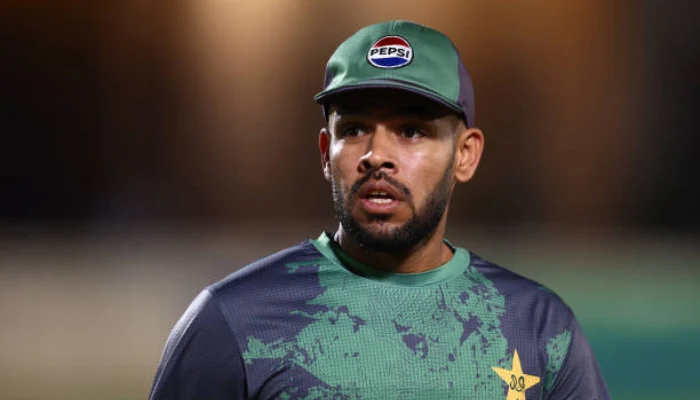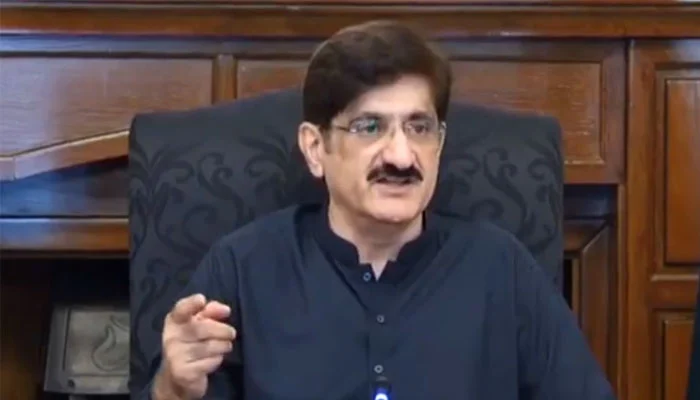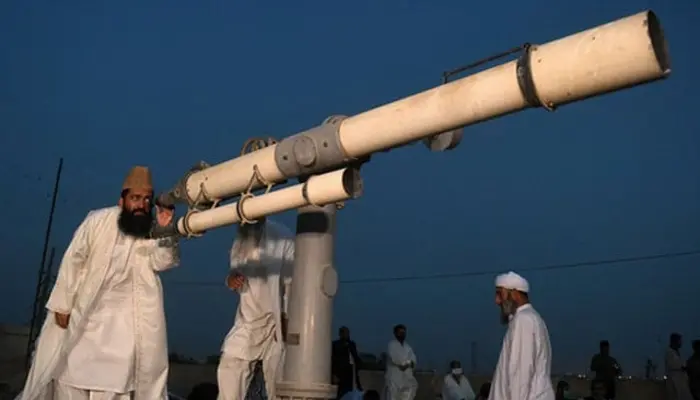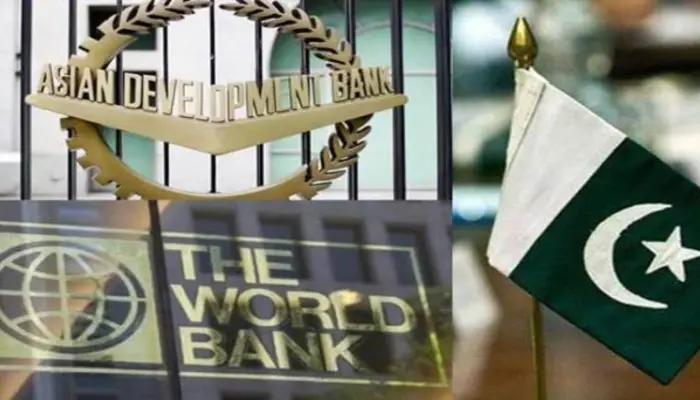Israel to Appeal ICC Arrest Warrants Over Gaza War Allegations
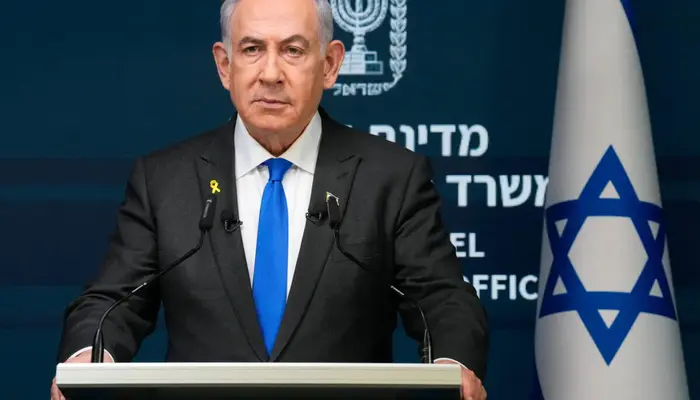
Israel plans to appeal the International Criminal Court (ICC) arrest warrants issued for Prime Minister Benjamin Netanyahu and former Defence Minister Yoav Gallant, citing immunity concerns. The warrants, linked to alleged war crimes in Gaza, have sparked international debate, with countries like France and Italy questioning their legality.
Israel’s Appeal for Suspension
On November 26, Netanyahu’s office announced that Israel formally requested the ICC to suspend the warrants while the appeal is underway. The charges involve accusations of using “starvation as a method of warfare” by restricting humanitarian aid to Gaza. Netanyahu’s office strongly denied the ICC’s jurisdiction, labeling the warrants illegitimate.
In a public statement, Israel emphasized its non-membership in the ICC and urged the court to delay enforcing the warrants. This marks a significant diplomatic and legal confrontation between Israel and the ICC, with Netanyahu’s administration determined to challenge the court’s authority.
France and Italy Question ICC Jurisdiction
France and Italy have raised concerns over the ICC’s actions, asserting that Netanyahu and Gallant, as high-ranking officials of a non-ICC member state, may have immunity. France’s Ministry for Europe and Foreign Affairs cited the Rome Statute, which prohibits compelling non-member states to act against their immunities.
Initially, France expressed adherence to ICC statutes. However, following concerns that the warrants could disrupt ceasefire negotiations in Lebanon, France refined its stance. On November 22, it stated that while the ICC decision formalized accusations, immunity for officials from non-member states must be considered.
Italian Foreign Minister Antonio Tajani echoed this sentiment, expressing doubts about the legality of the ICC warrants and the feasibility of arresting Netanyahu while he remains in office. Tajani noted, “Netanyahu would never travel to a country where he risks arrest. His arrest is unlikely, at least while he is prime minister.”
Rights Groups React
Rights organizations criticized France’s position. Human Rights Watch’s European media director, Andrew Stroehlein, described France’s stance as “shocking nonsense,” emphasizing that ICC arrest warrants do not exempt officials in office. Amnesty International also condemned France’s interpretation, urging full compliance with the Rome Statute.
Despite the backlash, France maintained that it will continue collaborating with Israel to foster peace and security in the Middle East.
Read: Ceasefire Between Israel and Hezbollah Takes Effect
Broader Implications
The ICC’s decision has broader implications for international law, diplomatic immunity, and the Middle East peace process. While Israel rejects the court’s jurisdiction, the debate over immunity and accountability remains unresolved, complicating future diplomatic efforts in the region.
The ongoing appeal and the response from global actors will likely shape the future of international legal norms and their application to conflicts involving state and non-state actors.
Follow us on Google News, Instagram, YouTube, Facebook,Whats App, and TikTok for latest updates




